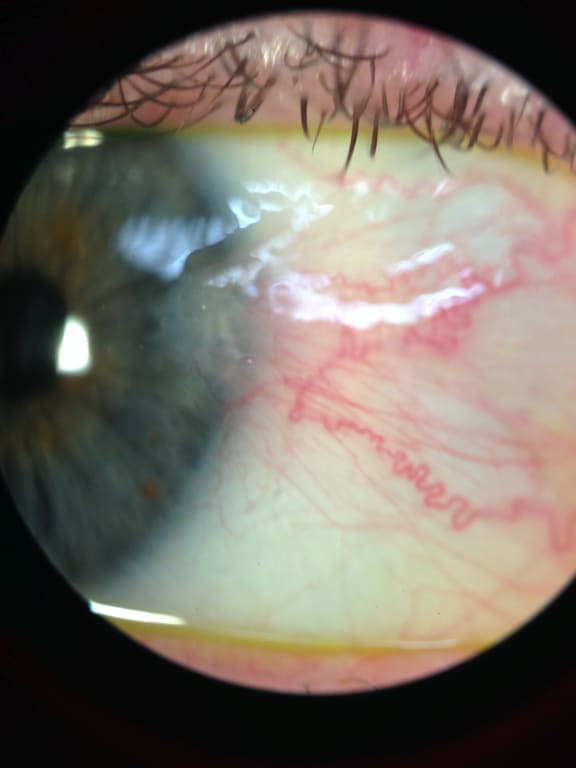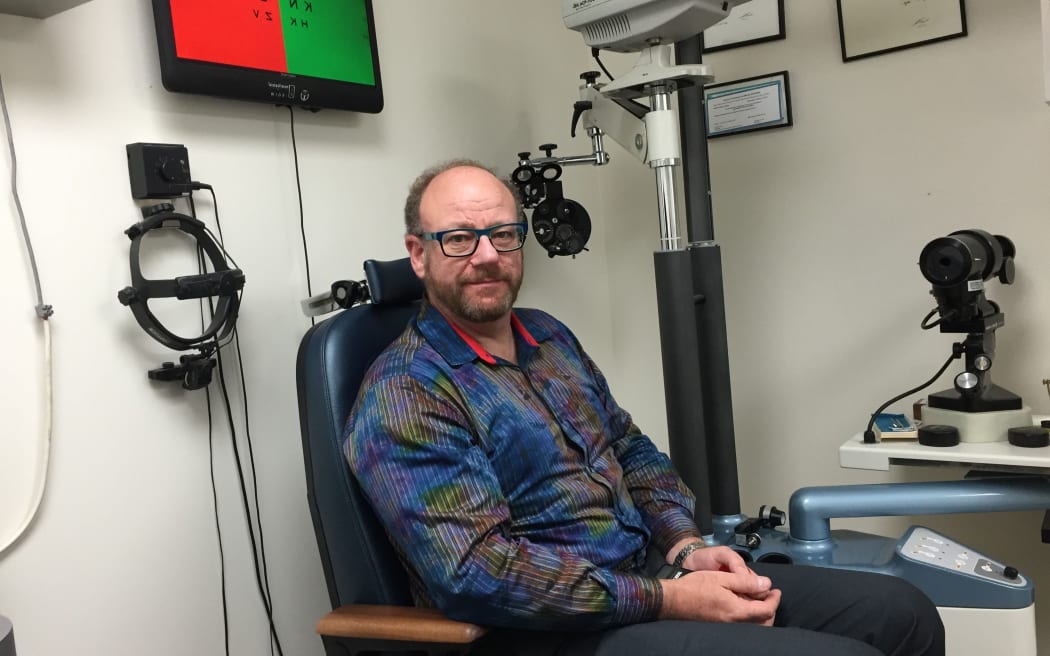Cheap sunglasses might be just as good as expensive ones for protecting your eyes over summer, but new research found a fifth of all sunglasses still did not meet the standard.

Photo: 123rf.com
Optometrists are now calling for the mandatory testing and better rules for sunglasses in the wake of the new evidence, which showed some manufacturers were making false claims about how well they protected the eyes.
Consumer NZ recently tested 60 sunglasses, and found 12 of them did not meet the voluntary standard.
The sunglasses ranged in price from $2 to $270. Sunglasses are supposed to block out harmful UV rays, reduce glare, and protect your eyes, whether they are cheap or expensive.
If they did not, they should be labelled fashion spectacles, explicitly stating they offered no protection.

UV rays also cause pterygium, a growth on the surface of the eye Photo: Supplied / Andrew Sangster
Consumer NZ has found that many budget sunglasses were just as good as those at the top of the range for eye protection.
But because sunglasses sold here do not need to meet the Australian and New Zealand standard for sunglasses and fashion spectacles, some were incorrectly labelled and did not meet the grade.
In addition, Consumer said a UV400 sticker was little more than marketing spin, because it was meaningless.
Consumer chief executive Sue Chetwin said that was not good enough.
"New Zealand only has a voluntary standard, which we have an issue with, we think it should be mandatory," she said.
"In Australia the sunglass standard is mandatory, but nevertheless we do have a voluntary standard here and we found that [12 pairs] of the sunglasses didn't meet the standard."
Of the 12 sunglasses that failed, nine claimed to meet the Australian and New Zealand standard, six were sold at discount stores, and five were marketed to children.
Ms Chetwin said the rules needed to be tightened.
"You would think with New Zealand's high rate of melanoma and skin cancers that we might take a hard line, Australia does but we don't," she said. "We think [sunglasses] should be regulated more heavily."
She said it was surprising politicians and regulators took such a "light-handed" approach to regulating for health purposes.
A spokesperson for the Association of Optometrists, Andrew Sangster, said testing and correct labelling should be made compulsory.
"It would be the same as having a voluntary standard for building standards or any other kind of standards," he said. "You run the risk of having increased dangers.
"With regards to sun protection for your eyes it's quite critical that people aren't led to a false sense of security," he said.

Optometrist Andrew Sangster, seen here in his practice, says there needs to be more stringent rules for sunglasses. Photo: RNZ / Michael Cropp
At the moment he said people could buy a pair of sunglasses believing that because they made things darker, they were protecting their eyes.
"That may not be the case. And that could lead to long term harm," he said.
Mr Sangster said sun damage could lead to cataracts, cancers, retina damage and even blindness in later life.
The government said it had no plans to tighten the standards.
In a written statement, the Ministry of Business, Innovation and Employment said it had not seen any evidence of a widespread problem with mislabelled eyewear.
"Under the Fair Trading Act, all products sold to consumers must be correctly labelled and must not provide misleading or deceptive information. Any consumer who feels they have been misled while purchasing a product should lodge a complaint with the Commerce Commission," it said.
"As with all sales, consumers should ensure they are making informed decisions when purchasing a product, and exercise caution when seeking to purchase products specifically for the purpose of sun protection."
If the standard became mandatory, it said it could bump up the price of sunglasses.

